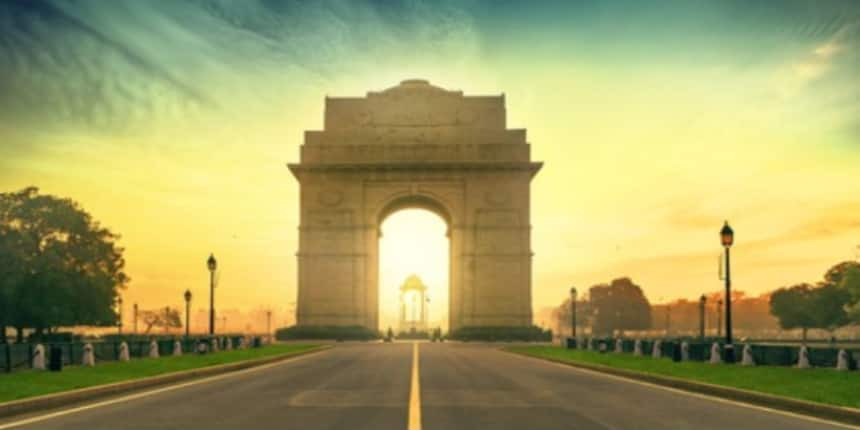IN Full Form
What is Full Form of IN?
India (IN), or the Republic of India, is a South Asian country. It is the world's seventh-largest country in terms of land area, the second-most populated nation, and the largest democracy. It shares land boundaries with Pakistan to the west, China, Nepal, and Bhutan to the north, and Bangladesh and Myanmar to the east. The Arabian Sea bounds it on the southwest, the Indian Ocean on the south, and the Bay of Bengal on the southeast. India is near Sri Lanka, and the Maldives in the Indian Ocean and its Andaman and Nicobar Islands share a marine border with Myanmar, Thailand, and Indonesia. New Delhi is the nation's capital.

Geographical Location
India occupies most of the Indian subcontinent and lies at the top of the Indian tectonic plate. The coastline of India is 7,517 kilometers (4,700 miles) long, with peninsular India accounting for 5,423 kilometers (3,400 miles) and the Andaman, Nicobar, and Lakshadweep island accounting for 2,094 kilometers (1,300 miles). The Indian mainland coastline is defined as 43% of the coastline is sandy, 11% rocky, and 46% mudflats or marshy. The Ganges and the Brahmaputra are two major Himalayan-origin rivers that run across India and empty into the Bay of Bengal. The Yamuna and the Kosi are important Ganges tributaries; the latter's shallow gradient, induced by long-term sediment deposition, causes severe floods and channel shifts. The marshy Rann of Kutch in western India and the alluvial Sundarbans delta in eastern India, shared with Bangladesh, are two coastal characteristics. India has four primary climate groups: tropical dry, tropical wet, montane, and subtropical humid.
Political Scenario
India's political system is based on a multi-party election system. The Indian National Congress (INC) was India's first political party. The Bharatiya Janata Party now governs India (BJP). India's Prime Minister is Narendra Damodardas Modi, while the country's President is Droupadi Murmu. Amit Shah is in charge of the Ministry of Home Affairs, while Subhrahamanyam Jaishankar is in charge of the Ministry of External Affairs.